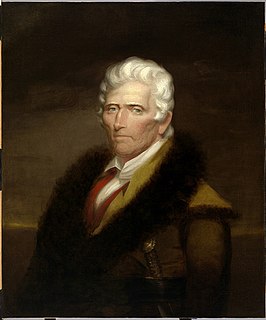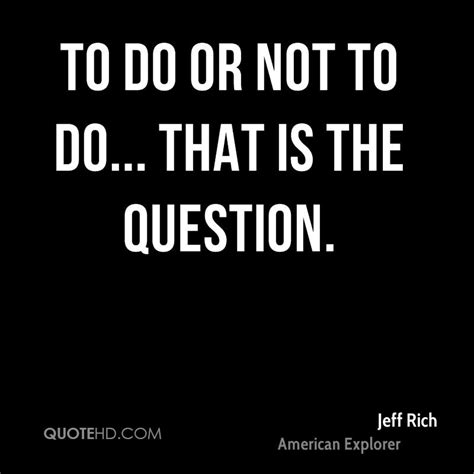Top 114 Quotes & Sayings by Reinhold Messner - Page 2
Explore popular quotes and sayings by an Italian explorer Reinhold Messner.
Last updated on April 19, 2025.
I was first to understand it was boring to go with heavy shoes to base camp. When we first tried Dhaulagiri, a very difficult approach at high altitude, we needed very heavy boots. So it was usual to wear such heavy boots to approach all base camps. But I thought this was crazy. We needed lighter shoes for many of the approaches.
The best climbers no longer go to the 8000ers, but to the most difficult mountains in the world which are 6000 or 7000-meter-peaks. There they find any kind of playground. But it is a pity that the really good climbers have fewer opportunities to finance their expeditions because so much attention is taken away by the Everest tourists.
Not only during the ascent, but also during the descent my willpower is dulled. The longer I climb the less important the goal
seems to me, the more indifferent I become to myself. My attention
has diminished, my memory is weakened. My mental fatigue is now
greater than the bodily. It is so pleasant to sit doing nothing - and therefore so dangerous. Death through exhaustion is like death
through freezing - a pleasant one.
When I rest I feel utterly lifeless except that my throat burns when I draw breath... I can scarcely go on. No despair, no happiness, no anxiety. I have not lost the mastery of my feelings, there are actually no more feelings. I consist only of will. After each few metres this too fizzles out in unending tiredness. Then I think nothing. I let myself fall, just lie there. For an indefinite time I remain completely irresolute. Then I make a few steps again.
























